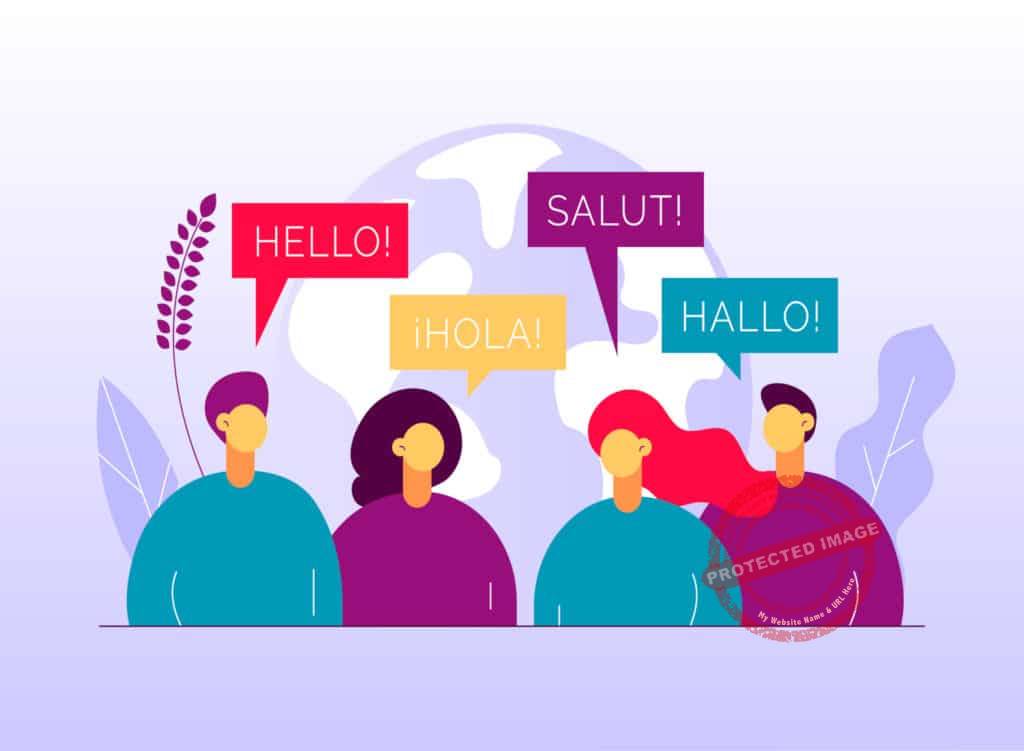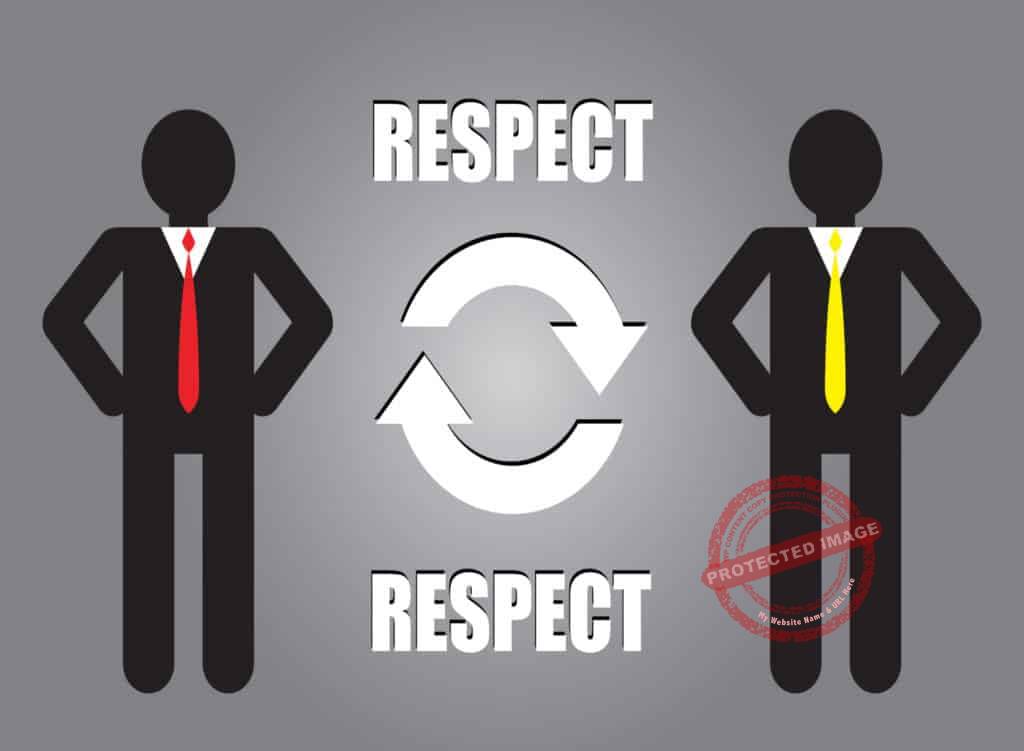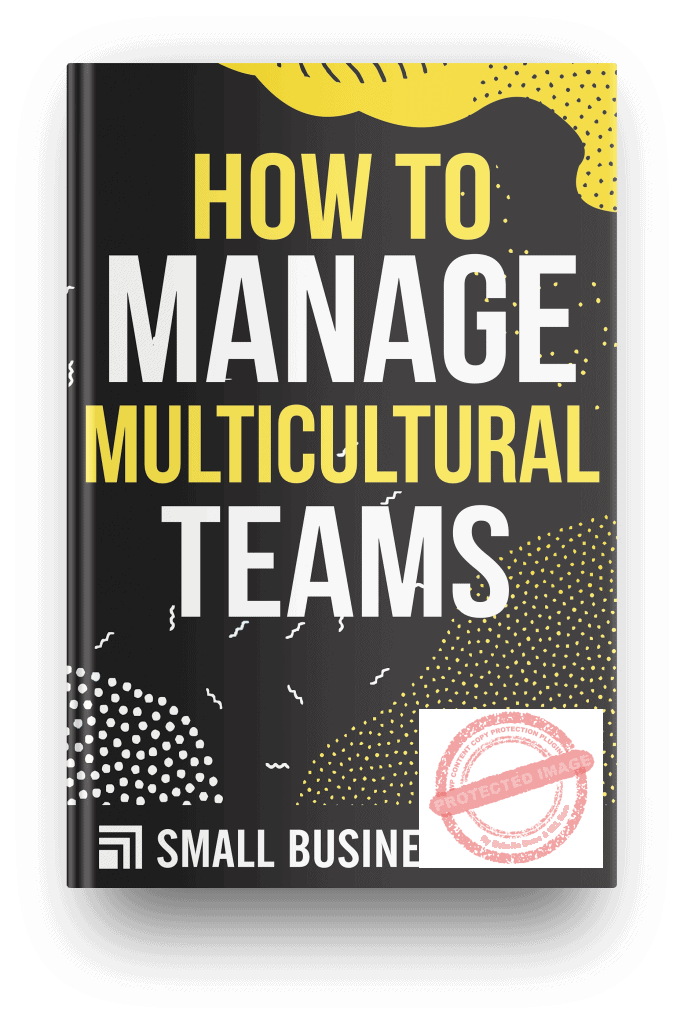Did you know that learning how to manage multicultural teams can help boost your team’s productivity? Yes! you heard that right.
The task of leading a team in a company or business can be quite challenging, as what you need isn’t always what your team would want.
This can even be more difficult if your team is composed of individuals who are from different cultures or countries.
What then is the best thing for you to do?
Most people would say that they would treat each member of their cross-cultural teams equally and focus only on their common goal.
Most say that tolerance is the key to making multicultural teams work.
However, the lack of attention placed on the individual needs of team members can be counterproductive.
Here are a few tips on how to manage multicultural teams
1. Knowledge Is Key

Knowing the difference between similar cultures is needed to make better judgments.
It isn’t just racist or sexist remarks that are cloaked in humor that can hurt a member of your team.
Small things that you might not even be saying to that member can be overheard by others.
Workplaces seem big in scale but the factions or groups of similar people can spread information among themselves easily.
In the world of social media, an individual can be bombarded by half-truths that can feed you the wrong information about a certain culture.
You might be under the impression that a member of your team is capable of something that they are not, based on your misguided ideas about the culture he or she is from.

Remember this, the individual is affected by their culture in various ways.
You have to take their personal history into consideration when addressing their concerns.
Do not let them feel like they are being discriminated based on their views that are rooted in their culture.
Avoiding generalizations would aid everyone in working with multicultural teammates.
Make everyone in your team undergo culture acceptance training, not just harassment training.
There are many ways to grow a team.
You can find out basic things about your team’s culture, such as observed days and holidays.
This will offer you a better understanding of why members of your team have to take certain days off that are not part of the national holidays.
2. Don’t Get Lost In Translation

Managing diversity can be difficult because of the language barrier.
There are things that you might want to convey to your team, but you are stuck because of the level of the formal language that you are able to use.
Make sure instructions are not too complicated when it comes to dealing with important issues and projects.
Being direct is vital in managing multicultural teams.
It significantly decreases the chances of a disconnect.
If possible, learn your multicultural team members’ language a bit too.
Small gestures and expressions in their language might have a different meaning in yours.

Your multicultural team member may be shocked when you unknowingly talk about something in a way considered vulgar in their culture, which is mainstream conversation in other cultures.
For example, in some countries and cultures where the students have such a negative experience related to national exams and ranking, asking someone what university or college they went to is considered extremely rude.
You might just be asking out of curiosity.
But, the team member you asked would already be feeling uncomfortable being asked.
3. Be Aware Of Cultural Boundaries On Body Contact

Multicultural conflict can arise from small things we often ignored.
One of these things is subtle body movements like touching a person’s shoulder or physical closeness.
It can change for each individual, of course, but the way a person interprets their comfort zone is greatly affected by their upbringing.
The culture the person grew up in is a major cause of this.
For instance, you might intend to give them a compliment by patting their back.
However, this might be a red flag for a female member whose culture doesn’t really allow body contact between a male and female who are not dating or married.
How would you know if this is allowed or not?
The easiest way is to ask.
If that is not an option for you, Google it.
Take what you read and ask another member, who is from a similar background, if that is true or not.
Having an open-door policy can help your members in giving you their opinion on certain things they might not be comfortable with.
Remember to observe, but avoid hovering.
4. Mutual Respect Must Be Granted

When leading multicultural teams, you have to respect the diversity in the workplace at all times.
When deciding simple tasks and available services to employees, consider getting feedback from your team members on the tasks and services.
Spending nine hours or more in a place which makes you uncomfortable can end up becoming toxic.
Small stressors can build up and get your members’ physical health to deteriorate.
The result can turn out to be more effective if you consider multi-cultures in making changes.

For example, new cafeteria menus should consider including food that team members would have enjoyed with their own families.
It also opens the palette of the other employees who might otherwise not have considered eating that outside the workplace.
Show mutual respect both during and after working hours.
And follow this same etiquette when meeting in public places for more casual occasions.
There is no switch that goes on and off when cross-cultural teams meet for a team dinner or a conference.
You have to take extra care when you are addressing your multicultural team members in public, especially in front of possible members of their social circle.
5. Seek Out New Ideas In A Positive Way.

In a global market where businesses have to create services and products that are available offline and online, having a variety of people in your team gives you the random sampling you can take advantage of.
Ask them if they would want to use the service or product themselves, and eliminate elements of the product or service that they might find offensive or too inconvenient.
Some members might have an issue with the excessive packaging used in the product shipping.

However, making more cost-effective yet eco-friendly packaging can attract numerous individuals.
They can also help in recommending the service or product to others.
You should offer the knowledge gained from the people in your team.
Every day is a new chance to learn something new about other cultures.
Don’t shoot down people’s ideas just because it seems based on their own culture.
Those ideas can become marketable on a global scale later in the future.
6. Avoid Reverse Discrimination

One of the things you have to remember when working with multicultural teammates is reverse discrimination.
It can hurt the dynamics of the teamwork that they are growing.
You can undermine the growing affection and respect they have for each other by favoring someone because they are part of a culture that is considered a minority.
Lead by example and treat the members of your team fairly.
This would lessen the occurrence of multicultural conflict that comes from personal grudges.
You can always request for anonymous observations from your team members to check how you are doing.
Also, give thorough reflection on possible ways you can improve for the better.
7. Build Your Team Branding Together

Diversity in the workplace can be a unique brand for your current team.
Each team will be able to offer something different than the others because they have individuals whose ideas would be out of the mold.
It’s not just a matter of thinking outside the box.
Each multicultural team will have differences in life experiences and priorities.
When you are able to discuss things freely with your team, they expand their comfort zones and challenge themselves well.
By managing diversity in this way, you can form a team brand that they can be proud of.
You can pitch your team to your clients.
Companies can grow from start-ups to large companies because they managed the talents of individuals from different backgrounds, majors, and talent.

For example, a business aimed at getting people to sell their products online does not just need technically trained people.
They also need people whose culture or background trained them to change people’s behavior.
Taking elements they gathered from marketing research, they can direct graphic designers into making ads that would make people want to click and buy.
They can test an application’s user-friendliness.
If the product is not easy to access for different kinds of people, no matter how cool the app looks, people will not use it.
Most people who have difficulty registering for an application often discard the app, and move on to a rival company’s app.
A number of investors previously unavailable to you would be more open to you because you have individuals in your team they can relate to.
It is the soft touch that can push them to partner up with you for future projects.
8. Integrate And Negotiate Effectively

When managing multicultural teams, managers and business owners would need extra training in leadership skills.
Some team members are less vocal about their concerns.
You, therefore, have to grow a sixth sense for trouble and issues to address this.
Being able to give them the help that they need would be vital in getting the best performance from your multicultural team.
Do not interpret being quiet and calm as a personality defect because they must have their own way of expressing themselves.
They need a certain level of trust before they can open up to someone who has a different background from them.
As much as possible, do not expect each team member to do something that they are not comfortable with.
You should be culturally sensitive.
And avoid stepping on cultural boundaries.
You can ask another member to do the work that person is not able to do because of cultural no-no’s.
The member who couldn’t do the workload you wanted to give them would now have to deal with one of the uncompleted tasks of the person taking over.
9. Culture Immersion Is A Great Way To Have Fun And Build Trust

When you are hitting too many walls and begin to really wonder how to manage multicultural teams, one of the best ways to deal with the tension is cultural immersion.
You can try a variety of things, starting with casual and small things, to actual travel plans with the team to experience new cultures.
A good way to introduce new cultures is food.
Having a “bring your specialty” Friday lunch with the team is an economical way to bond over food.
Although it wouldn’t be mandatory, it can help members of your team avoid factions.

Engagement activities in your company and team can serve as a platform to let people know more about each other’s culture.
During parties and gatherings, it would be a good theme to ask them to dress up or decorate their area based on their own culture.
A number of considerations would arise from this kind of exchange of information.
Teammates would be more sensitive to their differences.
Previous prejudices would be broken in the instance as people are informed and get the facts about their prejudice.
10. Find Neutral Themes For Group Activities.

One of the things that can cause discomfort in team members is being forced to join in a celebration that they do not celebrate in their culture.
One example is Christmas and other religious celebrations.
The feeling of not belonging can increase around the holiday season.
You should create neutral themes for events like this.
Instead of having a Christmas party, a year-end party might be better.
Consider the thoughts and suggestions of all the members by asking them what they thought about previously concluded events.

They can open up about the things they found uncomfortable during those events.
Talk about possible replacements for boring activities from the previous event.
Let them speak freely about those uncomfortable things they experienced during that event.
This can also serve as a way to practice brainstorming for future events that you have to provide for your team or as a part of your service for clients.
11. Lead By Example.

You can’t know everything about your team and the culture they are from.
Make sure you allow yourself to make mistakes and be quick to apologize to avoid making team members feel burdened or discriminated on.
If your team sees that even the top person in the team is open to accepting new culture and ideas, they would eventually do the same.
Do not be scared to call out behavior that is unacceptable.
This does not mean that you have to do it while addressing the whole team.
Assess the situation carefully and quickly.

If the person’s background shows that they would not be okay with you openly discussing their mistake, however small it may be, talk to them privately instead of pointing it out during meetings or discussions.
Learning more about yourself and the culture you are from would also help you to integrate better with other members of your team.
If you don’t respect your own culture, you are unlikely to respect other cultures.
Conclusion

In order to efficiently manage multicultural teams, you must be open-minded.
Your willingness to accept rejection is also very important.
Your leadership skills should be developed over time.
The more multicultural individuals you meet, the more knowledge you would accumulate.
All of this information will come in handy when you least expect it to.
Click on Buy Now For a PDF Version of This Blog Post
 |










